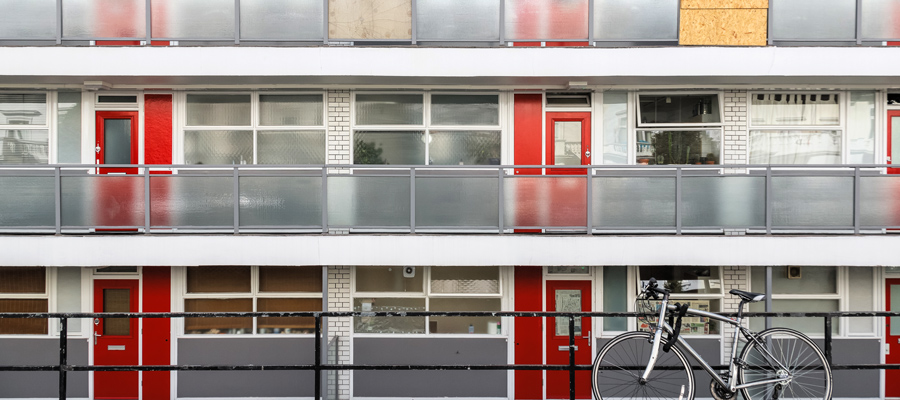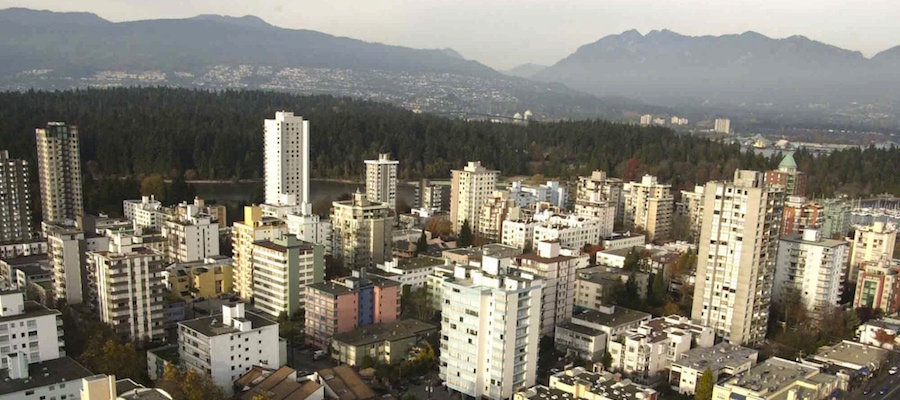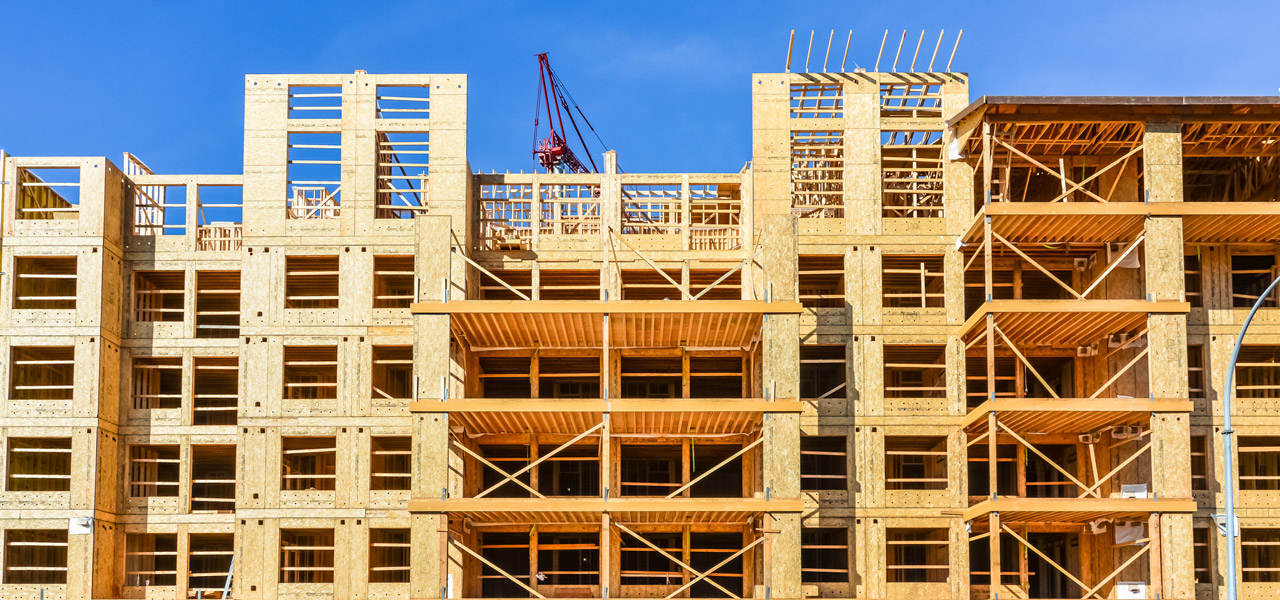Housing platforms in the 2019 federal election

Across the country, the lack of affordable housing is a top of mind concern for most Canadians in 2019.
The run-up in housing prices in recent years has pushed home ownership out of reach for many. And, the combination of households staying longer in rental housing—and little new rental housing being built—has led to low vacancy rates and high rents. The tip of this iceberg is the homelessness that is rampant on the streets of our major cities.
Almost two years ago, the federal government released a new National Housing Strategy (NHS). However, much of the commitment is in the form of loans not grants, is spread over 10 years, and is back-end loaded (meaning that most of the money is spent at the end of the 10 years). The Strategy also assumes provincial contributions. The Parliamentary Budget Officer notes that when compared to past federal funding levels, the NHS barely moves the needle.
What next steps would federal parties take? Here’s a recap of what’s been announced to date.
Mortgage stress
At the peak of the real estate frenzy the current federal government introduced mortgage stress tests to prevent situations where households become over-leveraged. The stress tests require that a borrower would still be able to make payments if interest rates rose by two percentage points.
The Conservative Party proposal to eliminate the mortgage stress test would enable some households to acquire a heftier mortgage, but at the price of increased vulnerability. The Conservatives, joined by the New Democratic Party (NDP), would also allow for longer 30-year terms on mortgages. While this could lead to lower monthly payments, it is also another way of increasing the amount of debt households can take on.
Neither of these ideas would improve the affordability of housing per se, and if anything, would further inflate the market. With record levels of household debt in Canada, it’s hard to see the wisdom in pushing households to take on bigger mortgages. See David Macdonald’s recent post for more on this and how it affects younger households in particular.
First-timers
The federal government introduced a First-Time Home Buyer Incentive program in the 2019 Budget, which provides an interest-free loan of up to 10% of a new home or up to 5% of a resale home. The feds would essentially take on a share of the mortgage and be repaid upon the sale of the home. The program is limited to a maximum $500,000 mortgage and household income up to $120,000.
The Liberal Party would increase the limits in the First-Time Home Buyer Incentive program to make it work better in expensive markets like Vancouver and Toronto—with the maximum value of a mortgage rising to $800,000 and the maximum income to qualify rising to $150,000.
In contrast, the Green Party would eliminate the program entirely.
Curbing speculation
The Liberals are taking a page from the BC NDP government, which introduced a Speculation and Vacancy Tax in 2018 at a rate of 2% of assessed property value for foreign owners and “satellite families” (whose principal breadwinner works outside Canada and little income is declared in BC). The Liberals propose a national version based on the BC tax at a rate of 1% applied to properties owned by non-resident, non-Canadians. How this would work is not entirely clear since property tax is a provincial tax base.
In a similar vein, the NDP also promises a Foreign Buyers Tax (BC has one of these too, at a rate of 20% on the sale of a property)—but no more details are provided.
Rent supplements
The National Housing Strategy includes a new Canada Housing Benefit (CHB), a rent supplement to be created as of 2020, in partnership with provincial governments. The feds estimate the benefit will average $2,500 per year for eligible households. The Greens would increase the total federal contribution to the CHB, while the NDP would create a renters’ benefit of $5,000 per year that would have broader coverage than the CHB.
The CHB could be an important contributor to more affordable housing, but would need to be accompanied by strong rent controls to ensure it does not just lead to higher rents going to landlords.
Building new dedicated affordable housing
The main missing ingredient in the NHS is a major investment in new, dedicated affordable housing. Non-market rental housing, in particular, is badly needed. That’s what is going to make the most difference for vulnerable populations—from people who are homeless to low-income working families to people with disabilities and seniors on fixed incomes.
The federal government used to play a major role in building affordable housing from the 1950s to the 1980s, in partnership with the provinces, municipalities and non-profits. After a generation of neglecting affordable rental housing, it’s time to focus on building the affordable housing we need, so let’s get shovels in the ground.
Both the Greens and the NDP step up in this regard and commit to supporting new affordable housing, at levels of 25,000 per year and 50,000 per year respectively. In addition, both are very supportive of co-ops and non-market housing.
Both the NDP and Greens would also remove the GST on new affordable housing—a move that would shift the incentives for developers towards rental housing construction over building condos.
Retrofitting existing housing is also important and can include energy efficiency upgrades to reduce a home’s carbon footprint. The Greens call for 15,000 units per year to be “rehabilitated” and the NDP platform promises to retrofit all housing stock by 2050.
**
Overall, party platforms to date are sorely lacking in details and costing. Too much of the media attention has been on home ownership and not enough on providing dedicated, affordable, rental housing. Given the urgency of affordable housing as an issue, we should expect more from those who seek to control the public purse.
Please note: This post was updated September 26, 2019 to reflect the NDP’s announcement of a renters’ benefit.
This post is a part of an ongoing research project into affordable housing funded by the Vancouver Foundation.



